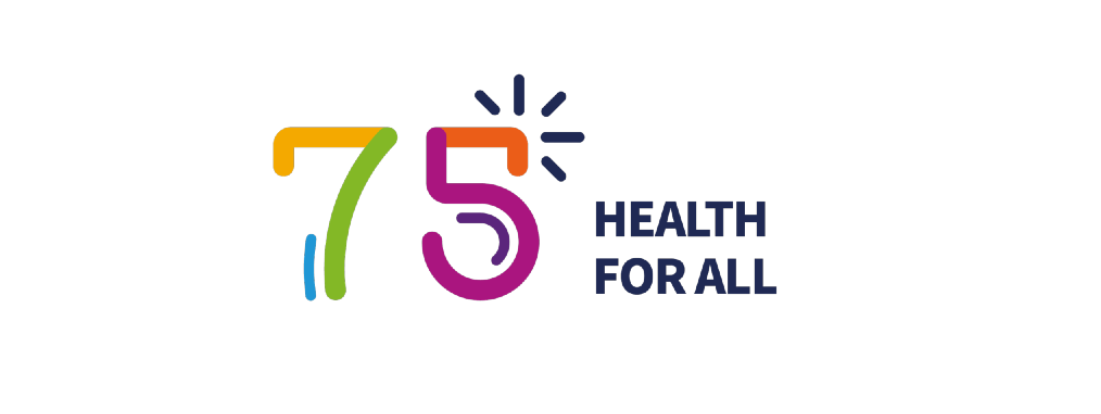Healthy beginnings, hopeful futures - SDG3 and the constellation of care (CPD58 Side Event).

Evidence shows that prioritizing women's health holistically before, during and well-beyond the reproductive years is the path toward a healthier, more equitable world . Furthermore, maternal, newborn and child survival targets cannot be achieved without universal access to sexual and reproductive health care services, including for family planning, information and education, and the integration of reproductive health into national strategies and programmes. This event will provide latest trends on the state of SRHR and maternal mortality: the science, successes and challenge s. Celebrate the launch of the World Health Organization (WHO)'s flagship World Health Day campaign and the start of the 58th Commission on Population and Development (CPD) Watch World Health Day 2025: Healthy beginnings, hopeful futures - SDG3 and the constellation of care (CPD58 Side Event)!

.PNG)














